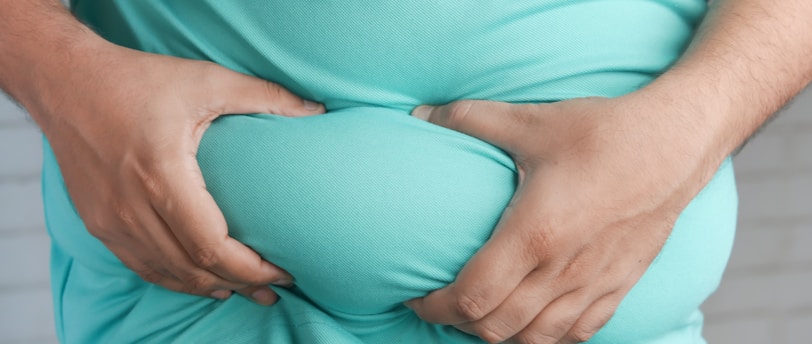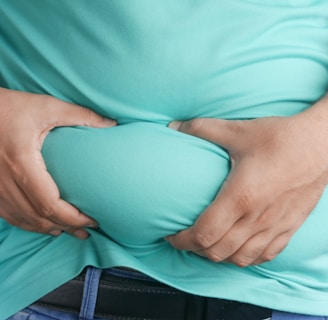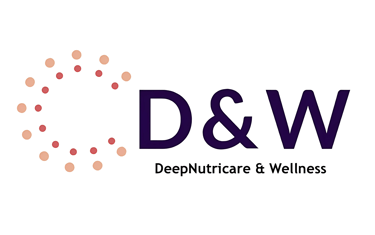High-Protein Diets: Are They the Key to Fat Loss?
WEIGHT MANAGEMENT
4/1/20252 min read


A high-protein diet has gained popularity as a potential strategy for weight management and fat loss. Protein plays a crucial role in muscle preservation, metabolism, and satiety, making it an essential macronutrient for those looking to shed excess body fat. But is a high-protein diet truly the key to fat loss? Let’s explore its benefits and considerations.
How a High-Protein Diet Supports Fat Loss
1. Increases Satiety and Reduces Hunger
Protein takes longer to digest, keeping you full for a longer duration.
Helps regulate hunger hormones like ghrelin, reducing cravings and overeating.
Leads to a natural reduction in calorie intake, supporting weight loss.
2. Boosts Metabolism and Enhances Caloric Burn
The thermic effect of food (TEF) is higher for protein than for carbs and fats, meaning more calories are burned during digestion.
Protein consumption can increase daily calorie expenditure, aiding in fat loss.
Helps maintain a higher metabolic rate even during a calorie deficit.
3. Preserves Lean Muscle Mass
During weight loss, muscle loss can occur along with fat loss; protein helps prevent this.
Preserving muscle mass is essential for a toned physique and sustained metabolism.
Combining protein intake with resistance training enhances muscle retention.
4. Reduces Fat Storage and Enhances Body Composition
Protein consumption promotes fat loss while preserving lean body mass.
Supports the production of hormones like GLP-1 and PYY, which aid in fat regulation.
Helps prevent weight regain by stabilizing blood sugar levels and insulin response.
Best High-Protein Foods for Fat Loss
Plant-Based: Lentils, quinoa, chickpeas, tofu, tempeh, Greek yogurt, cottage cheese, almonds, chia seeds, and hemp seeds.
Animal-Based: Eggs, lean chicken, turkey, fish, salmon, and dairy products.
Protein Supplements: Whey protein, plant-based protein powders (pea, hemp, soy), and casein protein.
Considerations Before Starting a High-Protein Diet
1. Balance with Other Nutrients
A high-protein diet should still include healthy fats and complex carbohydrates.
Ensure adequate fiber intake to support digestion and gut health.
2. Avoid Excessive Protein Intake
Consuming too much protein may lead to kidney strain in individuals with pre-existing conditions.
Excess protein may be stored as fat if calorie intake exceeds expenditure.
3. Stay Hydrated
High protein intake can increase water loss; staying hydrated is essential.
Water supports digestion, nutrient absorption, and metabolic function.
A high-protein diet can be an effective tool for fat loss when combined with a balanced diet and regular exercise. It enhances satiety, boosts metabolism, preserves muscle, and improves body composition. However, moderation and a well-rounded approach are key. If you're considering a high-protein diet, consult a nutritionist to tailor it to your specific needs and ensure long-term sustainability!
DeepNutricare & Wellness
Your Trusted Health Partner
dnutricare@gmail.com
9205232987
© 2025. All rights reserved.
Follow Us
Policies
Contact us:
Get in Touch
Quick Links
